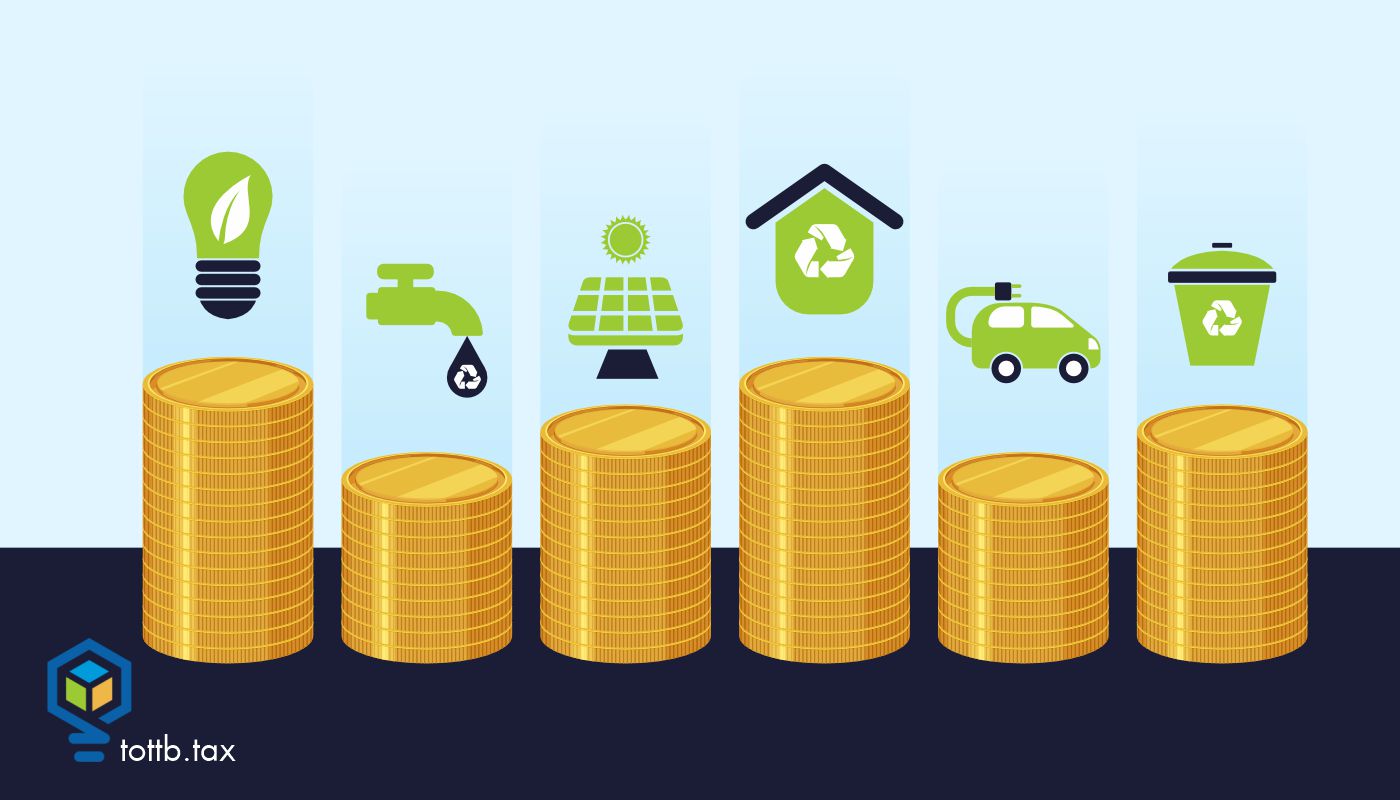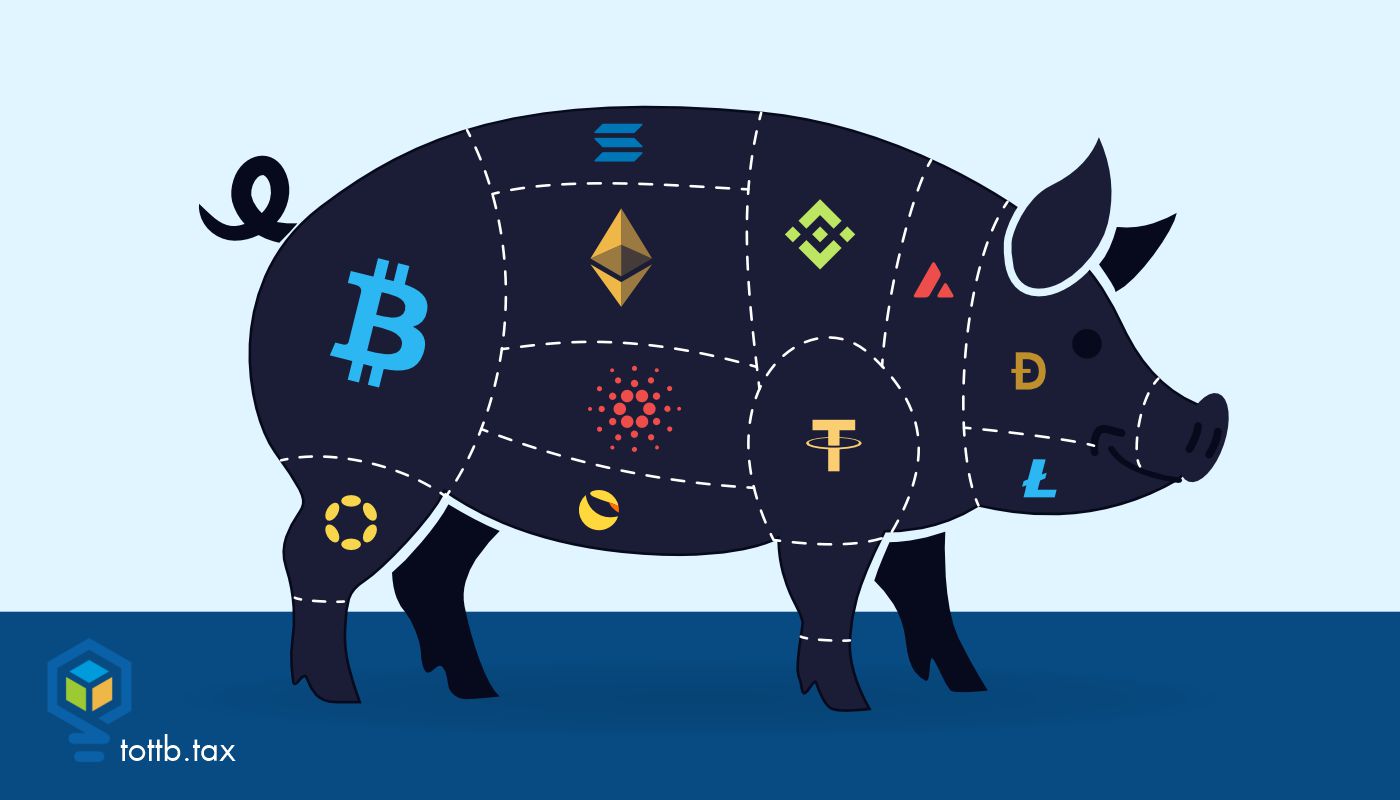CURRENT EDITION

The Benefits Your Military Veteran Clients Aren’t Using (And Why That’s a Planning Problem)
Why aren’t more veterans using the benefits they’ve earned? Part of the problem is awareness, and part of it is discomfort (for both veterans and advisors). After all, veteran benefits are rooted in service-connected health and trauma, placing them in a category that often feels more personal than financial. That alone can deter veterans from discussing their disability compensation and keep advisors from broaching the subject altogether. The result is financial plans that look optimized on paper but are built on incomplete assumptions and missed opportunities – opportunities that have been more than earned.
READ MOREIf You Have an IRS Audit Coming Up, Make Sure You Have the Tax Law on Your Side
When you have to go toe-to-toe with the IRS, make sure you keep the fight clean. The only way to succeed when arguing your case with an auditor is to follow the IRS’s own procedures. And, the primary way to do that is—you guessed it—keeping proper documentation. With this article, you’ll better understand where tax authority is derived, what rules the IRS must stick to, and what rules the IRS accepts.
Read MoreA Tax-Season “Cheat Sheet” to Avoid Getting Cheated
Scams lurk around every corner year-round, but tax time is when they seem to flourish. The crooks that come out to swipe cash, credit card info, Social Security numbers and other personal details are nothing if not innovative, always ready to use any tech advancement, disaster headline or snake-oil sales tactic to worm their way into people’s wallets. Part of your role these days as a financial pro is to help protect clients against these cons. Here’s the latest to know.
Read MoreTAX COURT ROUNDUP – March 2025
February brings us Groundhog Day, but there are always new developments in Tax Court, as well as refreshers to keep practitioners current.
Read MoreRenewable Energy Tax Credits: An Opportunity to Sustainably Optimize Taxes
Investment Tax Credits (“ITCs”) and Production Tax Credits (“PTCs”, and together with ITCs, “RETCs”) have existed for decades and reflect the U.S. government’s commitment to incentivizing clean energy solutions in industry and commerce. The availability of RETCs was most recently extended by the Inflation Reduction Act of 2022 (“IRA”), which fundamentally transformed policy in this space by tying such credits’ expiration to the U.S. reaching certain targets for greenhouse gas reductions. While the recent change in Executive Branch leadership casts doubt over the longevity of RETCs, a full repeal seems unlikely given the scope and scale of domestic projects which utilize and benefit from such credits. This article discusses how RETCs may benefit both buyers and sellers in an increasingly uncertain environment.
Read MoreDeFi-nitely Confusing: Final Regulations for Digital Asset DeFi Brokers
Well, at least the treasury department is true to form. They have ruined yet another international trip for me, which is the third time if you’re keeping track at home. This time it was a weekend trip to Toronto, which coming from upstate New York is technically “international,” yet somehow substantially closer to home than New York City. Late afternoon on the Friday before New Year’s Eve, the Treasury released another 115 pages of Digital Asset Regulations, along with a 13 page notice for good measure. As we’ve discussed previously on TOTTB, the last set of regs punted on a number of more complex crypto issues. This most recent release is all about one of those issues, Decentralized Finance, better known as “DeFi.”
Read MorePig Butchering Can Slaughter Your Clients’ Finances
People use the online space to look for love, make business and financial decisions. And all of these decisions can have serious tax implications. That is why as trusted financial and tax advisors, it is important for us to be aware so we can help protect our clients. In 2024, the Federal Trade Commission released a report showing consumers reported losing $4.6 billion in investment scams. That's only the amount reported, so our clients are at risk if they are online making financial decisions. Today, let's look at a newer player in the online investment scam arena: pig butchering. If you're like me, you're probably thinking “what in the world does this have to do with taxes?” Unfortunately, everything. It leads to taxpayers receiving tax bills for money they withdrew but lost as victims of theft.
Read MorePinterest for Accountants: Curating Inspiring Financial Resources and Building Brand Awareness
As we continue our series of articles on various social media platforms, we will focus on Pinterest. As discussed, social media is an indispensable tool for professionals across multiple industries. Accountants, often perceived as traditional and reserved, can harness the power of these platforms to extend their reach, engage with clients, and establish a solid online presence. Pinterest is known for its easy visuals and use, offering unique opportunities for us accountants to curate boards with valuable financial resources. By strategically using Pinterest, we can attract and engage our target audience, drive website traffic, and build brand awareness.
Read MoreLeaving the United States, Part III: Dual Citizenship
In Part I of this three-part series, we discussed the implications and taxes for American expatriates. In Part II we turned our attention to renouncing citizenship. Here in Part III, we will consider the halfway point of dual citizenship. And as you would expect, taxes are a serious consideration.
Read MoreNOT A MEMBER YET?

SUBSCRIBE TO GET ALL OF OUR
GREAT ARTICLES AND RESOURCES!
CURRENT EDITION

The Benefits Your Military Veteran Clients Aren’t Using (And Why That’s a Planning Problem)
Why aren’t more veterans using the benefits they’ve earned? Part of the problem is awareness, and part of it is discomfort (for both veterans and advisors). After all, veteran benefits are rooted in service-connected health and trauma, placing them in a category that often feels more personal than financial. That alone can deter veterans from discussing their disability compensation and keep advisors from broaching the subject altogether. The result is financial plans that look optimized on paper but are built on incomplete assumptions and missed opportunities – opportunities that have been more than earned.

Start the Year Right: Your WISP Doesn’t Have to Be a Tax Season Nightmare
The mere mention of a WISP makes most tax professionals want to suddenly lose their internet connection. It sounds bureaucratic, technical, and deeply unfun. But here’s the good news: creating and maintaining a WISP does not have to feel like a compliance root canal. And ignoring it can turn into something far worse than an IRS audit. Let’s talk about why you need one, what it’s actually supposed to do, and how to get it done without wrecking your sanity in the middle of filing season.

Fleeing High Tax States And The Stickiness Of Domicile
Part of preparing to leave a high state tax is facing up to the fact that the tax collectors of high-tax states can be kind of clingy. There is more to changing your residence for tax purposes than simple steps like a new driver’s license and a change in voter registration.









